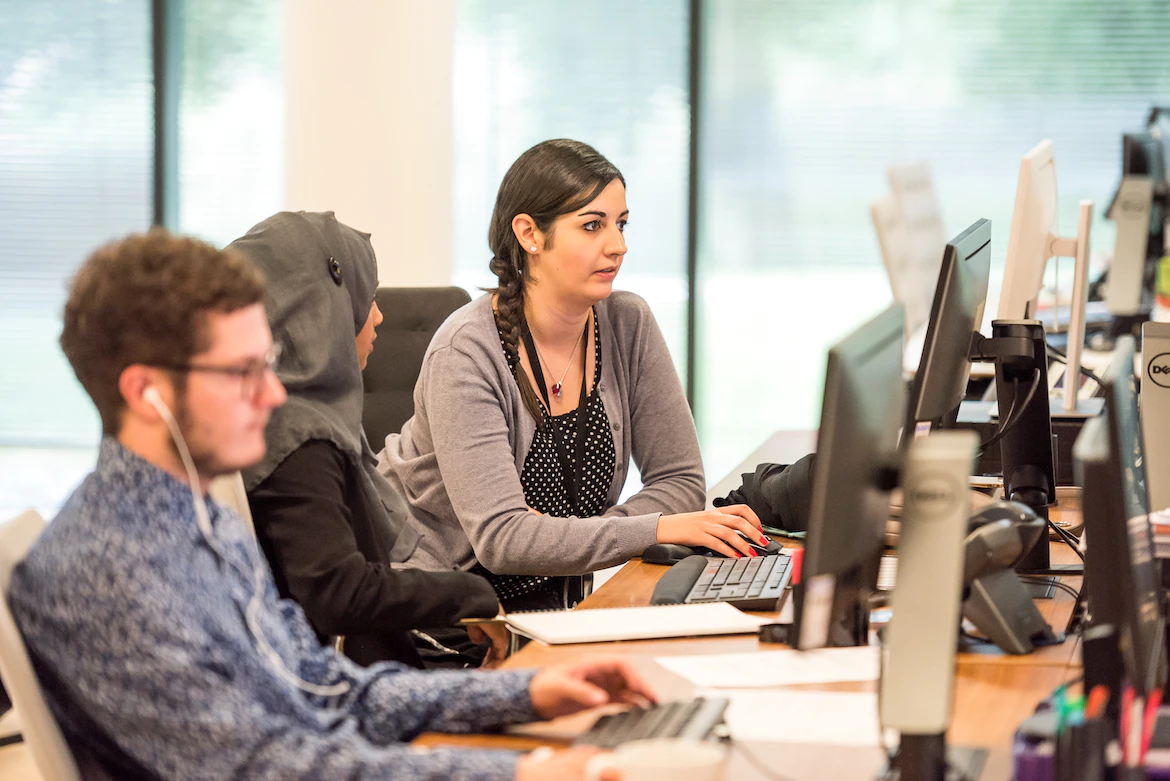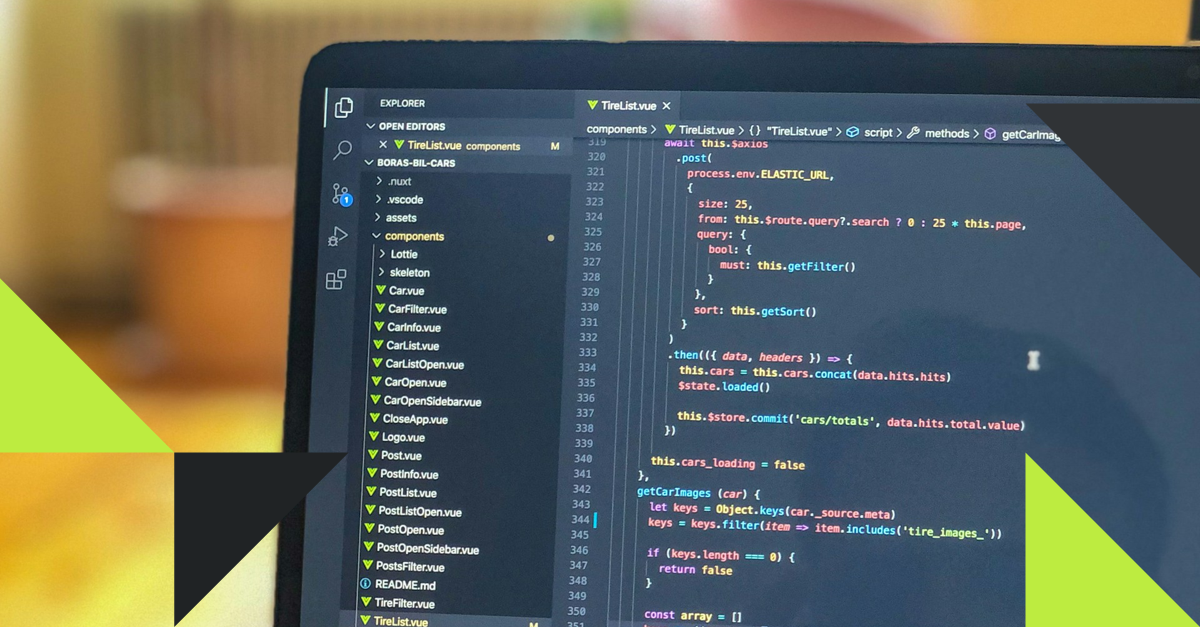Q&A with Lucy Scott – User Researcher at Associated Newspapers
I regularly speak to market researchers who are looking to move into user research – especially given the recent surge in the number of user research roles. I met Lucy at one of the Ladies that UX events where she was giving a talk about accessibility and the importance of conducting research with a wide range of users.
As Lucy has successfully made the transition from researcher to user researcher, she has kindly agreed to share her own experience in a bid to help others in a similar position…
What have you found to be the key similarities between the two roles?
Both roles involve exploring people’s behaviour and opinions using a variety of qual and quant techniques and analytics. The process of conducting research is consistent – from determining the right methodologies and questions, to sorting logistics, analyzing data and presenting findings. There are many skills and qualities which both roles demand – infinite curiosity about people, a passion for unearthing insights, great communication skills, an analytical mind, and an organized, systematic approach.
What are the main differences?
Market research often relies upon self-report – so what people say they do – whereas user research mainly focuses on observation – actually witnessing people’s behaviour.
User research is all about improving the experience of using a product whereas market research primarily explores what people will buy and how to increase the desirability of your product or brand.
What encouraged you to pursue a career in user research vs market research?
I realised that user research involved a lot of delving into cognitive psychology and understanding users’ mental models and I was fascinated by the prospect of this. I wanted more of an intellectual challenge and the more I discovered about user research, the more I realized just how much there is to learn!
I also felt that the focus on observation over self-report would make the research very credible. Plus I liked the idea of helping to make products better, as opposed to simply making people want them more.
What have you found most interesting about your current role at Associated Newspapers?
Our user testing sessions constantly impart intriguing findings and challenge expectations. There’s an added dimension in that the majority of our users are older and often experience challenges when interacting with technology, which makes things even more interesting.
I love collaborating with designers – we’re constantly learning, supporting each other, sharing ideas and knowledge.
What has been the biggest challenge?
Building our user testing lab was different to anything I’ve done before. I was initially a bit daunted by the prospect of being responsible for all this technically complex equipment. I did plenty of research, sought lots of advice, and was lucky to meet some very helpful people and be able to visit labs in a couple of other companies through contacts I’d made.
What tips can you give someone that is looking to make the move you did?
- Have confidence in your transferrable skills and relevant experience
- Take care to demonstrate you really understand the difference between user research and market research
- Educate yourself as much as possible about User Centred Design.
- Look at the HCI masters programmes
- Take every opportunity to meet people who might help
- Read lots of books, watch Webinars, sign up for the User Focus Newsletter, attend some of the many free/ low cost industry events: Meetups/ UXPA/ Ladies That UX…
- There are some great, relatively short courses available – eg General Assembly – and also some brilliant online courses at negligible cost – Udemy’s Ultimate Guide to Usability & UX provides a great foundation.
- It’s easy to conduct user research for yourself to start your portfolio – run user tests or heuristic reviews on sites/ apps which interest you. All of this will demonstrate your understanding of UX and your enthusiasm.
As someone that is actively involved with UX events in London – you’ve even spoken at a few – how important are they in growing your network and helping you to pursue the role you did?
Yes, it’s definitely expanded my network. It also boosted my confidence – I would really recommend that people take the opportunity to do this.



